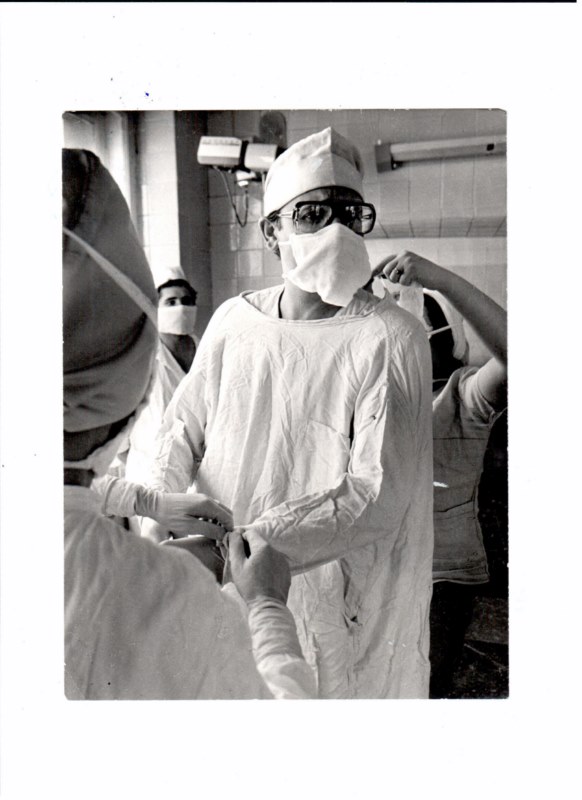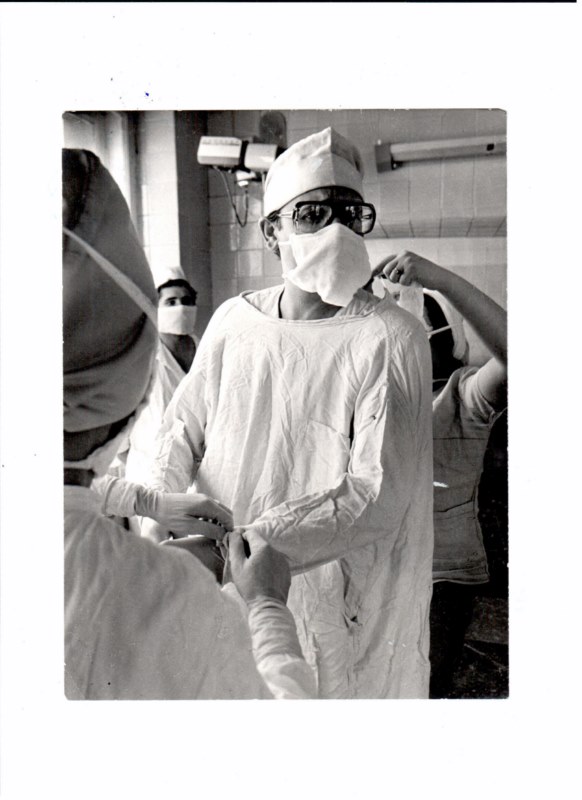 |
On December 22, 2017, Tbilisi State Medical University hosted the event of the Scientific Society of Surgeons of Georgia named after Acad. G. Mukhadze dedicated to the memory of Professor Nodar Bokhua. Professor Nodar Bokhua's contribution to development of modern vascular microsurgery is of great importance. In 1980, due to his great effort the first laboratory of cardiovascular microsurgery was established in the Soviet Union on the base of which the Center for Vascular Surgery in the Railway Hospital was founded in Tbilisi, Georgia. The Center was focused on development of the fundamental issues of modern vascular medicine in clinical practice. For the first time in Georgia, a number of reconstructive operations on great vessels have been implemented in the mentioned center. By the efforts of Professor Nodar Bokhua and his disciples, in a short period of time, the center of vascular surgery was developed and became the country's leading clinic in this direction. The event was opened and the audience was welcomed by Professor Merab Kiladze, Chairperson of the Acad. G. Mukhadze Scientific Society of Surgeons of Georgia. At the event the speeches were given by: David Parghalava, Konstantine Kipiani, Laur Managadze, Konstantine Mardaleishvili, Ramaz Kurashvili, Merab Adamia, who spoke about Prof. Nodar Bokhua’s work and personal dignity. "Nodar Bokhua's interest area was very wide; he was not afraid of innovations and was ready to take up the challenges. He introduced and implemented the surgeries not only in Georgia but throughout the Soviet Union. These operations are still relevant for modern cardiovascular reconstructive surgery. It is difficult to imagine that it could have been done by one person, he overcame the time, "said Professor David Parghalava. "There are people-leaders giving their energy to others, it's important the future generations to know the creators of the country's history" said Professor Konstantine Kipiani.




